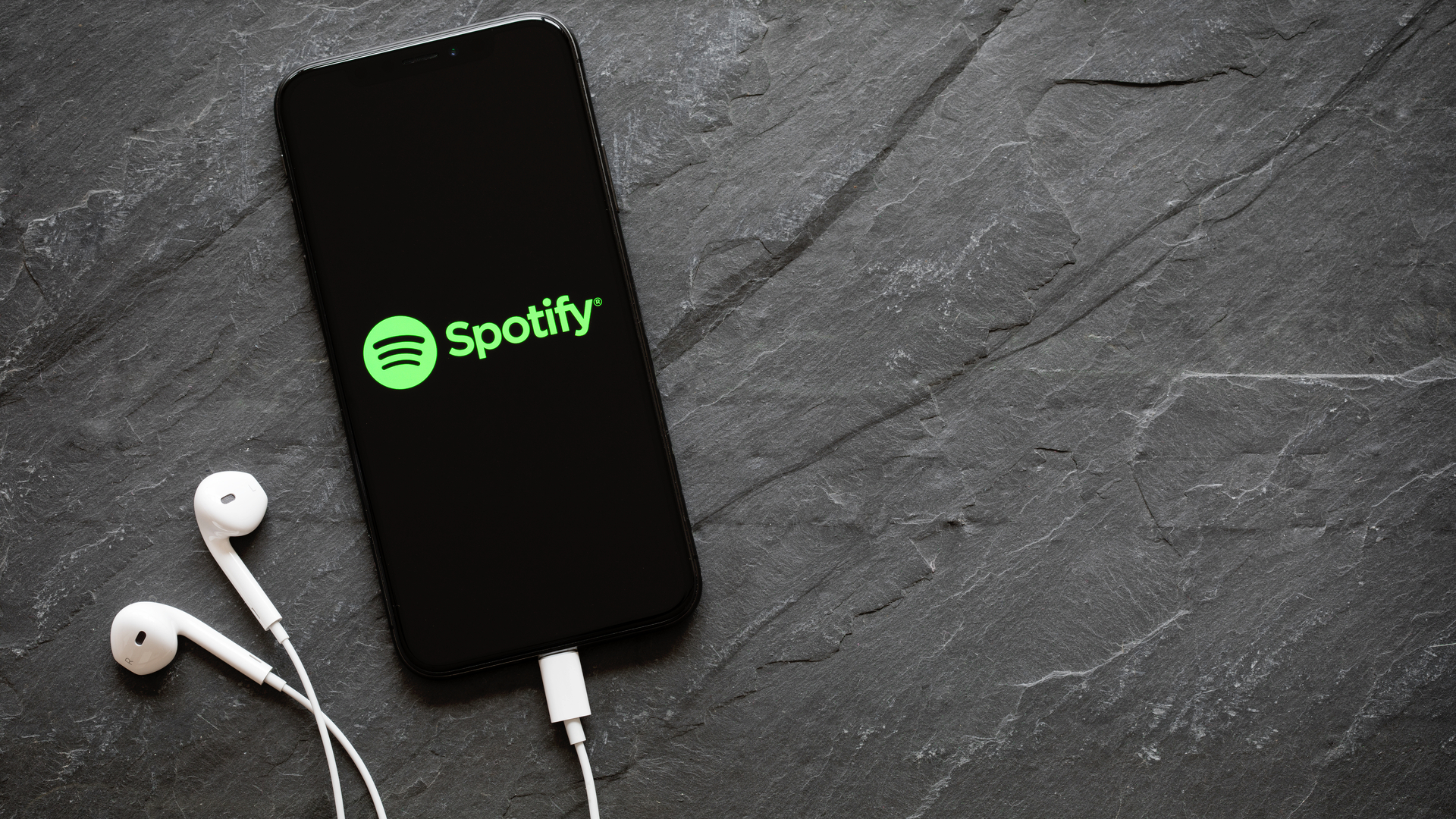Spotify updates privacy policy following outcry
The company’s CEO has followed through on his promise to clarify certain points

Spotify has updated its controversial privacy policy to make it clearer about how users can expect the music streaming software to access photos, contacts and other information stored on users' phones.
"When our new Privacy Policy started rolling out two weeks ago, it created some understandable confusion," said Spotify's CEO Daniel Ek in a blog post announcing the changes.
"So we've kept our promise to update the Policy, but we've also gone a step further by incorporating a plain language introduction in the Policy itself. The introduction is intended to be a clear statement of our approach and principles about privacy. We hope it provides a healthy dose of clarity and context too."
It's important to note that the policy to collect users' smartphone data has not been retracted, but rather Spotify has tried to explain exactly what kinds of data it will access.
For example, the rewritten policy clarifies that information such as specific (non-broad) location, photos, contacts and smartphone microphones won't be accessed without the express permission of the user.
However, registration information (e.g. name, date of birth, address), non-specific location data, the browser or device used, data from touchscreen and information from the accelerometer and gyroscope sensors are required to use the app.
Ek previously apologised to users following an outcry over the update.
Sign up today and you will receive a free copy of our Future Focus 2025 report - the leading guidance on AI, cybersecurity and other IT challenges as per 700+ senior executives
"We should have done a better job in communicating what these policies mean and how any information you choose to share will - and will not - be used," Ek previously wrote in a blog post.
He specified that the company would not access or import people's photos, use their contacts or read their location/activity using sensors on smartphones without getting prior permission.
Ek added that the new privacy policy will itself be updated "to better reflect what we have explained above".
Spotify's updated privacy policy caused a stir when it was announced last week, with many of the music service's users saying they will cancel their subscriptions.
The new policy, which has been described as "creepy", says Spotify "may collect information stored on your mobile device, such as contacts, photos, or media files".
"Local law may require that you seek the consent of your contacts to provide their personal information to Spotify, which may use that information for the purposes specified in this Privacy Policy. Depending on the type of device that you use to interact with the Service and your settings, we may also collect information about your location based on, for example, your phone's GPS location or other forms of locating mobile devices (e.g., Bluetooth)," the terms and conditions read.
Spotify added that it may collect sensor data, including information from the accelerometer and other movement sensors and for those using voice commands on their phone.
Previously, the company's privacy policy stated it recorded the content of searches and requests, but it is now asking for permission to track the time and date of those queries, too.
The company hasn't revealed what it wishes to do with some of the information it 'may' collect from devices, such as contacts or photos, but does say it will use some of the other data to better target ads.
However, it will only provide anonymous data to advertisers rather than revealing customers' identities.
Spotify is notifying users of changes to its policy when they launch the app, requesting that they accept the new terms and conditions before continuing.
"Spotify is constantly innovating and evolving its service to deliver the best possible experience for our users. This means delivering the perfect recommendations for every moment, and helping you to enjoy, discover and share more music than ever before," Spotify justified in an earlier statement.
This article was first written on 21/08/2015, but has since been updated, most recently on 07/09/2015

Clare is the founder of Blue Cactus Digital, a digital marketing company that helps ethical and sustainability-focused businesses grow their customer base.
Prior to becoming a marketer, Clare was a journalist, working at a range of mobile device-focused outlets including Know Your Mobile before moving into freelance life.
As a freelance writer, she drew on her expertise in mobility to write features and guides for ITPro, as well as regularly writing news stories on a wide range of topics.
-
 Trump's AI executive order could leave US in a 'regulatory vacuum'
Trump's AI executive order could leave US in a 'regulatory vacuum'News Citing a "patchwork of 50 different regulatory regimes" and "ideological bias", President Trump wants rules to be set at a federal level
-
 TPUs: Google's home advantage
TPUs: Google's home advantageITPro Podcast How does TPU v7 stack up against Nvidia's latest chips – and can Google scale AI using only its own supply?
-
 350,000 Spotify users hacked in credential stuffing attack
350,000 Spotify users hacked in credential stuffing attackNews Hackers left the stolen data unsecured and unencrypted, so anyone with internet access could access it
-
 Spotify reveals hack on Android devices
Spotify reveals hack on Android devicesNews The music service has warned of unauthorised access of its systems and data
-
 Spotify targeted by malicious ads
Spotify targeted by malicious adsNews The free version of Spotify is targeted by malicious ads, as hackers look to place malware on users' systems.
-
 Today in tech: Up in the cloud, search for security recruits
Today in tech: Up in the cloud, search for security recruitsNews Pressed for time but need to keep on top of tech news? Look no further than this daily roundup.
-
 Security woes hit Spotify music service
Security woes hit Spotify music serviceNews Music service Spotify is the latest web darling to be hit by a security attack.

